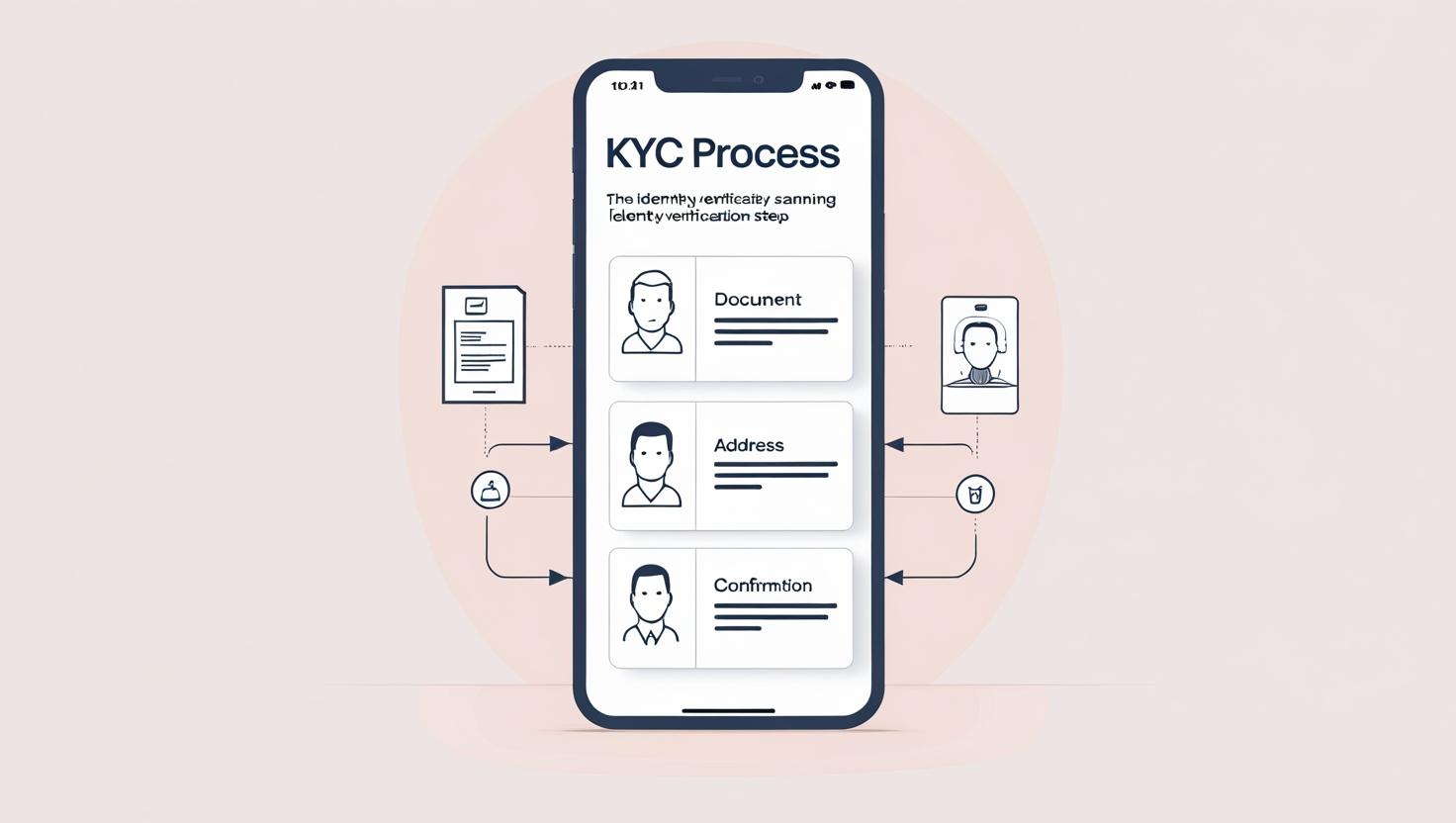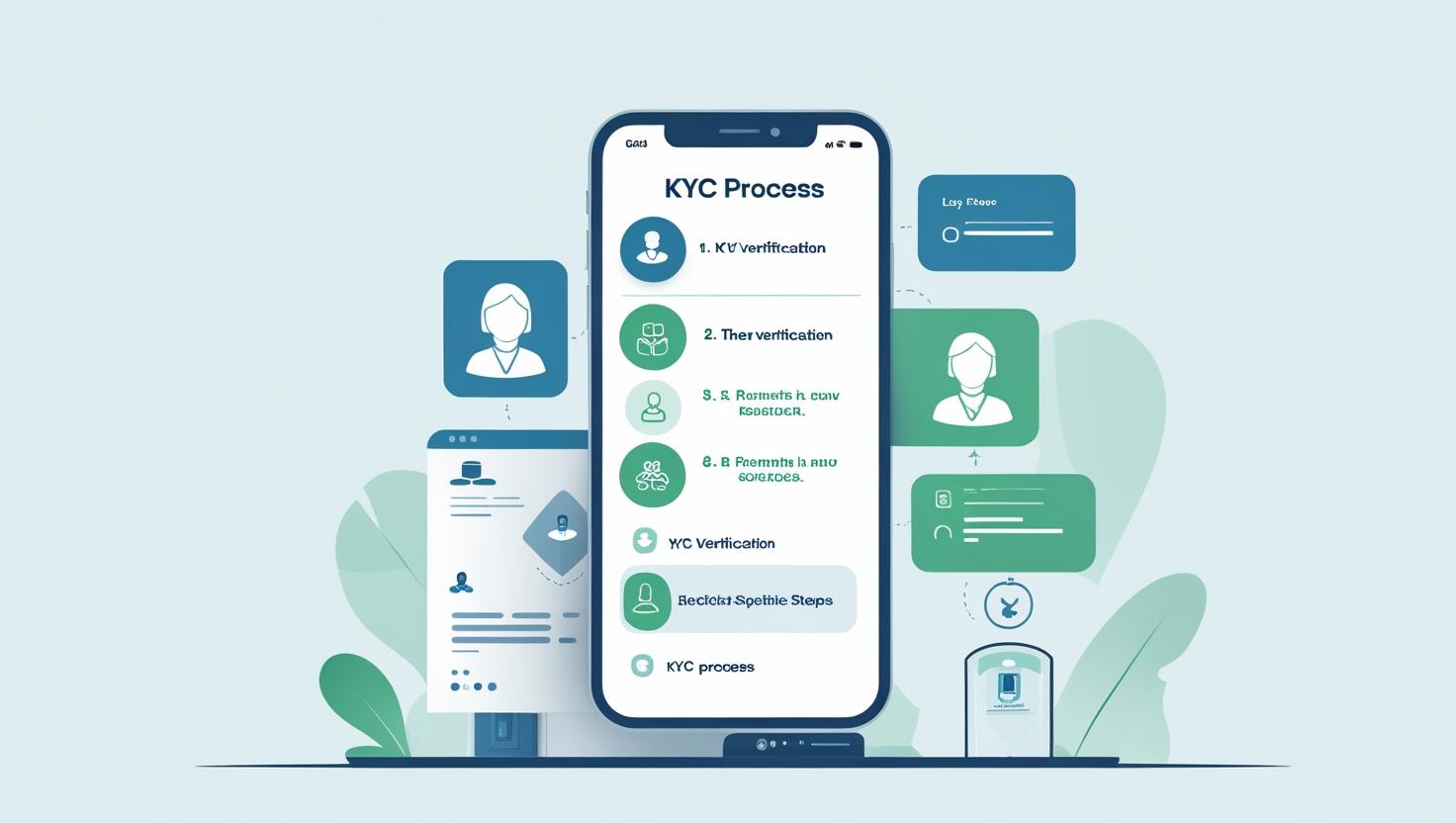Essential Merchant's KYC Process

Merchant’s KYC Process- Know Your Customer is an important essential for high-risk payments merchants because it helps to prevent fraudulent activities and comply with anti-money laundering (AML) and counter-terrorism financing (CTF) regulations. High-risk payment merchants are those who operate in industries that have a higher risk of financial fraud, such as unregulated forex, crypto, IPTV, gambling, and adult entertainment.
🔍 Information We Collect
Course of action- Payzwitch KYC system involve verifying the identity of customers and gathering information about their activities to assess the level of risk associated with their transactions. This information can help to prevent fraudulent activities such as money laundering, identity theft, and other financial crimes.
In addition, KYC requirements are often mandated by regulatory authorities to ensure that businesses are compliant with AML and CTF regulations. Failure to comply with these regulations can result in significant legal and financial penalties, as well as reputational damage.
📊 Usage Information
Automatically collected data:
- Browser type & version
- Operating system
- Date & time of visit
- Pages visited & time spent
s reputational damage. Merchant's KYC Process.jpg SIGNIFICANCE OF KYC
By implementing KYC procedures,
High-risk payment merchants can protect their businesses from fraud, comply with regulations, and ensure the safety of their customers’ personal and financial information. Additionally, complying with KYC requirements can help to build trust with customers and financial institutions, which can lead to increased credibility and more opportunities for growth.


Merchants need to follow KYC (Know Your Customer) procedures for several reasons:
Fraud prevention: KYC procedures help merchants prevent fraudulent activities by verifying the identity of customers and gathering information about their activities. This information can help merchants to detect suspicious transactions and prevent financial fraud such as money laundering, identity theft, and other financial crimes.
Compliance with regulations:
KYC procedures are often mandated by regulatory authorities to ensure that businesses are compliant with anti-money laundering (AML) and counter-terrorism financing (CTF) regulations. Failure to comply with these regulations can result in significant legal and financial penalties, as well as reputational damage.

